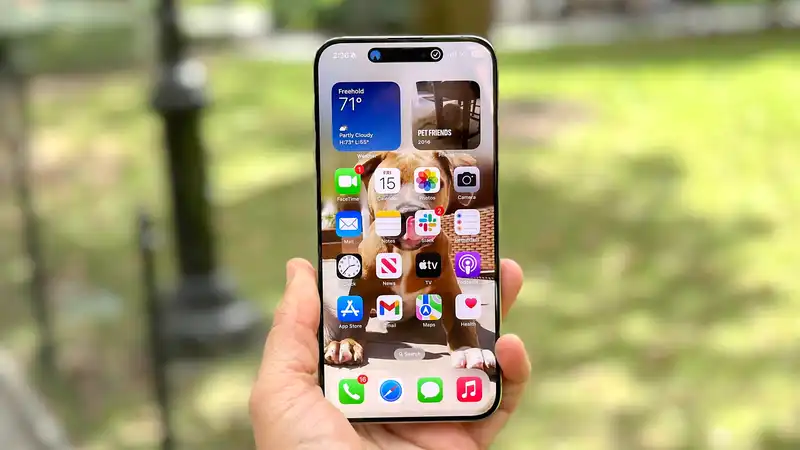The best iPhones are in need of an update as Apple has released a series of emergency security updates to fix two new zero-day vulnerabilities.
As reported by BleepingComputer, the iPhone maker revealed in an advisory that it is aware that these two new zero-day flaws may have already been exploited by hackers in their attacks.
However, Apple is playing things close to the chest for now to give users time to update their devices. We have Common Vulnerability and Exposure (CVE) numbers for both flaws, but we still don't know how serious they are or who discovered them.
What we do know, however, is that the first zero-day (tracked as CVE-2024-23225) was discovered in the iOS kernel and could be exploited by an attacker with kernel read and write capabilities to bypass kernel memory protection It is. Similarly, a second zero-day (tracked as CVE-2024-23296) was found in Apple's RTKitOS, which runs on all Apple chips or embedded devices. If exploited by an attacker with kernel read/write capabilities, this zero-day could also be used to bypass kernel memory protection.
Like other recent iOS zero-day exploits, these two were probably used by state-sponsored hackers to target politicians, journalists, and other high-profile individuals. Nevertheless, we strongly recommend that you download and install these new emergency security updates immediately to avoid potential cyber attacks.
It is worth noting that these two new zero-day flaws affect many different Apple devices, from iPhones to the best iPads, but not the best MacBooks.
iPhone XS and later, iPhone 8, iPhone 8 Plus, iPhone X, iPad 5th generation, iPad Pro 9.7", iPad Pro 12.9" 1st generation, iPad Pro 12.9" 2nd generation and later, iPad Pro 10.5", iPad Pro 11-inch 1st generation or later, iPad Air 3rd generation or later, iPad 6th generation or later, and iPad mini 5th generation or later should install these emergency security updates to protect themselves from potential attacks.
Hopefully, we will learn more about these zero-day vulnerabilities, but since this is Apple, that's not likely to happen.
The first and most important thing you can do to protect your iPhone and other devices from hackers and cyber attacks is to keep your devices updated. As annoying as it may sound, hackers often like to prey on users who have not yet updated their devices with the latest patches.
While there is no iPhone equivalent to Android antivirus apps, Mac antivirus software suites can scan iPhones and iPads for malware. due to Apple's own limitations, iOS and iPadOS apps cannot scan for mal cannot scan for malware. However, Intego Mac Internet Security X9 and Intego Mac Premium Bundle X9 can scan for malware.
Apple released fixes for 20 different zero-day flaws last year, and has fixed three so far this year. Apple devices were known to be more secure than Android and Windows devices, but hackers are seeing more attacks targeting iPhones and Macs now that they know how lucrative it is to target Apple devices. Because of the global popularity of Apple products, they need to be proactive by updating their devices the moment a patch for a zero-day flaw becomes available.










Comments